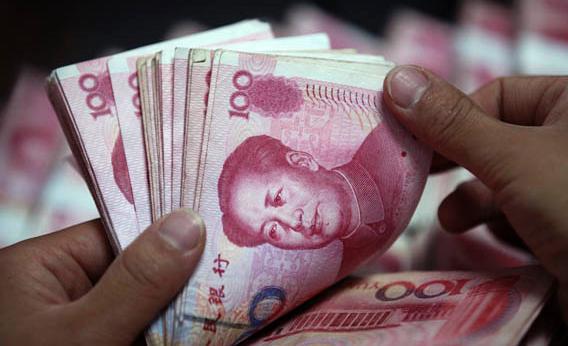The FBI is investigating allegations that the Wall Street Journal bribed Chinese officials for information for news articles. Dow Jones, the Wall Street Journal’s publisher, has denied the allegations, saying, “[W]e have not found any evidence of impropriety.” When is it illegal for journalists to pay sources?
When the money changes how the sources do their jobs. For example, if they’re betraying their company by revealing the information, then the payment could be considered a bribe. It is not always illegal for journalists to pay their sources for information, and laws generally treat journalists the same way they treat any other person. However, the line between paying someone for a service and bribing him can sometimes seem very fine. For example, tips and campaign donations are common practice in the United States, but when they are offered in exchange for special services, especially special services that might be in opposition to an employee or public servant’s official duties, they can be seen as bribes. The line between paying someone for information and bribing him for information can be similarly fine, but the same rules apply: If someone accepts money or a gift in exchange for information that he shouldn’t give in his capacity as a public official or an employee—such as company secrets that competitors could use—then it’s probably a bribe. Often this means the exchange was a crime committed by both the person who offered the bribe and the person who accepted it. Each state has its own penal code, but the severity of the crime often depends on the size of the bribe, with larger bribes leading to larger fines and longer jail time.
For U.S. citizens and companies, similar laws apply in foreign countries. Bribery abroad is policed in part by the Foreign Corrupt Practices Act, a federal law that makes it illegal for U.S. corporations to bribe foreign officials. The Foreign Corrupt Practices Act defines bribery overseas in a manner much as the government does at home, though the law does permit so-called “facilitating payments.” These petty bribes, also called “grease payments,” which are common practice abroad, can be used to speed up local services such as visa processing.
While it’s not usually illegal, rule-abiding newspapermen have traditionally looked down on paying sources for information. Journalists offer many reasons for this. For example, the ethics policy of the New York Times bans paying for exclusive documents or interviews because it “would create an incentive for sources to falsify material and would cast into doubt the genuineness of much that we publish.” Others defend the practice of paying sources, noting that police pay for leads and that defense attorneys pay for expert witnesses, and the information is often very reliable. Others point out that most journalists simply don’t have the cash to make a regular practice of greasing palms.
Regardless of the morality and legality of “checkbook journalism,” there’s no question that journalists have long paid for information. Even the New York Times, in 1912, got the scoop on the Titanic by paying the surviving wireless operator for his exclusive story. Acclaimed documentary filmmaker Errol Morris paid soldiers convicted for their treatment of prisoners at Abu Ghraib for his documentary Standard Operating Procedure. And ABC News paid Casey Anthony $200,000 for exclusive video and photos, which she then put toward her own defense. The WSJ investigation arose in connection with the U.S. government’s inquiry into bribery at News Corp., its Rupert Murdoch-run parent company. Sometimes paying for information can serve the public good: In 2009, the Telegraph paid 110,000 pounds (about $165,000) for the expense records of Members of British Parliament, which led to hundreds of thousands of pounds in reimbursements to taxpayers.
Got a question about today’s news? Ask the Explainer.
Explainer thanks Michelle Zierler of New York Law School.
